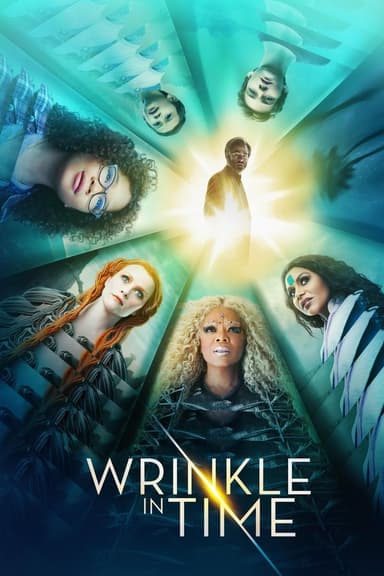
Octopussy
1983 • Action, Adventure, Thriller • PG
James Bond is sent to investigate after a fellow “00” agent is found dead with a priceless Indian Fabergé egg. Bond follows the mystery and uncovers a smuggling scandal and a Russian General who wants to provoke a new World War.
Runtime: 2h 11m
Why you should read the novel
Delving into Ian Fleming’s original stories offers a nuanced appreciation of James Bond’s character, revealing subtle layers of his morality, vulnerability, and resourcefulness often overlooked in cinematic adaptations. The stories 'Octopussy' and 'The Living Daylights' present gripping and concise espionage tales, brimming with suspense, atmospheric detail, and psychological drama that highlight Fleming’s mastery as a storyteller.
Readers will find that Fleming's writing offers a richer, more atmospheric and introspective spy experience than the action-driven spectacle of the film. The literary Bond’s quiet moments, moral dilemmas, and inner conflicts create a compelling portrait of an intelligence agent unlike any film portrayal. Fleming expertly situates his stories in exotic locales, immersing you in the era's geopolitical tension and the nuances of Cold War spy craft.
By choosing to read the source material, you’ll encounter the authentic voice of James Bond, free from film embellishments and Hollywood spectacle. Fleming’s crisp prose invites readers to grapple with themes of loyalty, betrayal, and duty, elevating the spy genre to enduring literature. Discover where the legend truly began, and experience Bond’s world as only his creator could envision.
Adaptation differences
One of the most notable differences between the film adaptation and Fleming's story is the plot itself. The movie 'Octopussy' constructs a sprawling narrative involving jewel smuggling, a rogue Soviet general planning nuclear terrorism, and a circus used as a front, blending spectacle and larger-than-life villains. In contrast, Fleming’s original 'Octopussy' is a much quieter, personal tale concerning Major Dexter Smythe, a retired British officer confronted by Bond over wartime crimes and moral reckoning. The tone is more meditative, focusing on guilt rather than global threats.
The character of Octopussy is also fundamentally different. In the film, Octopussy is recast as an enigmatic, empowered leader of a smuggling ring and becomes the main female protagonist, central to the story’s action and intrigue. In the short story, the character is never met – Octopussy is the nickname of Major Smythe’s beloved pet octopus, and the human connection is far less pronounced compared to the film’s central role for the Octopussy character.
The film borrows only a few elements from Fleming's source material, such as the reference to Bond tracking down a fugitive connected to wartime gold. However, most of the film’s plot, characters, and settings are original inventions created for the screen. Events like circus hijinks, Fabergé eggs, and a climactic train sequence are Hollywood flourishes that sit far outside the stories found in Fleming’s slim, atmospheric collection.
Finally, while Fleming’s story is introspective, focusing on themes of guilt, atonement, and the consequences of one’s actions, the film adapts Bond into a more typical action-hero mode, emphasizing daring escapes and visual spectacle over emotional complexity. Thus, readers seeking a deeper psychological exploration of Bond’s world and the moral shades of espionage will find much more satisfaction in the original stories than the colorful extravaganza of the movie.
Octopussy inspired from
Octopussy and The Living Daylights
by Ian Fleming



















